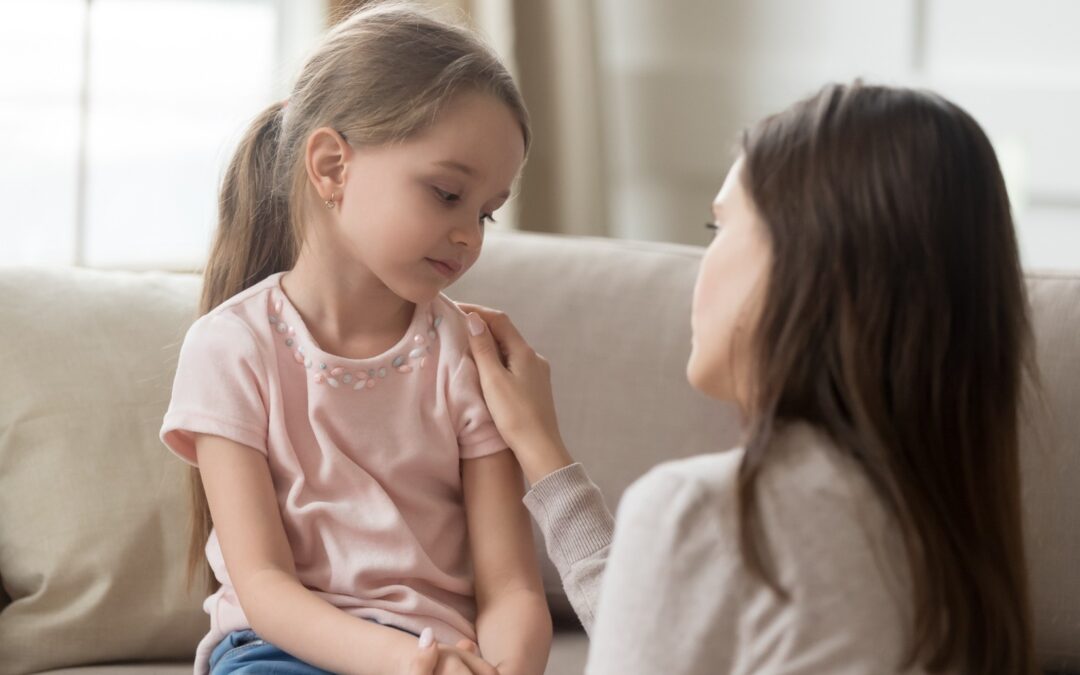In the early years of childhood, honesty becomes a guiding life skill that helps shape how children see themselves and the world around them. This article explores honesty in early childhood—why it matters, how parents and caregivers can nurture it, what to do when dishonesty shows up, and the lasting benefits it brings. Let’s dive in together!
The Importance of Honesty in Early Childhood
From preschool to kindergarten and beyond, honesty is the bedrock of character development. It’s about helping little ones understand what it means to be truthful, even when it feels uncomfortable or tricky. In a world where mixed messages are everywhere, teaching your child to value honesty gives them a skill that will guide their relationships, learning, and everyday choices for years to come.
Honesty Nurtures Trust
Young children are like sponges, soaking up everything they see and hear. When honesty becomes the family standard, trust naturally follows. Kids quickly learn that honesty helps create a safe and reliable environment where everyone can count on one another.
It Builds a Foundation for Ethical Decision-Making
Learning to tell the truth isn’t just about “right” or “wrong.” It gives children the tools to think through situations and consider how their choices affect others. This early foundation helps guide the way they make decisions as they grow.
It Encourages Open Communication
When honesty is valued, communication flourishes. Children raised in honest environments feel more comfortable sharing their thoughts and listening to others with respect. This creates strong, healthy relationships that can last a lifetime.
How to Foster Honesty at Home and in School
Promoting honesty isn’t a single conversation. It’s something that grows through daily experiences and guidance. Both at home and in the classroom, parents and educators can nurture truthfulness in meaningful ways.
Lead by Example
Children look to adults for cues. By being honest about your own experiences, admitting mistakes, and keeping your promises, you’re modeling the very behavior you hope to see in your child.
Create Safe Spaces for Discussion
When kids know they can share without fear, honesty feels less scary. Encourage your child to open up about their thoughts and feelings, even if it means admitting to a mistake. Meeting their honesty with patience and empathy reinforces that telling the truth is always welcome.
Consequences and Encouragement
While it’s important to talk about the natural consequences of dishonesty, it’s just as powerful to praise honesty, no matter how small. Recognizing their truthfulness helps children see honesty as a positive and rewarding choice.
Addressing Dishonesty Constructively
Every child will test boundaries, and dishonesty is part of that journey. The way we respond can turn those moments into opportunities for growth.
Understand Before Reacting
Take a step back and ask yourself why your child might have lied. Were they worried about punishment? Hoping for attention? Understanding the “why” can help you respond with compassion and guidance.
Foster Open Dialogue About Consequences
Talk through how dishonesty impacts others. Ask your child to think about how their actions made someone else feel. Working together, you can explore better choices for the future.
Reinforce the Value of Truth-Telling
Celebrate times when honesty led to a good outcome. Whether it was solving a problem quickly or making a friend feel safe, highlighting these moments makes the benefits of truthfulness clear.
Provide Guidance for Making Amends
When dishonesty hurts others, guide your child in repairing the relationship. This doesn’t mean prompting a quick “I’m sorry” just for show. Instead, whether it’s a heartfelt apology or a thoughtful act of kindness, finding a genuine way to make amends teaches accountability in a warm, supportive way.
Tools and Resources for Parents and Educators
Helpful Books To Read With Your Child
Books can spark meaningful conversations about honesty. Here are a few favorites that explore truth-telling and the consequences of fibs:
- Didn’t Do It by Sue Graves
- Honesty: The Best Me That I Can Be by Rose Angebrandt
- The Boy Who Cried Bigfoot! by Scott Magoon
- Being Frank by Donna M. Earnhardt
- Doug-Dennis and the Flyaway Fib by Darren Farrell
- Pig the Fibber by Aaron Blabey
Dramatic Play of Real-Life Scenarios
Role-playing helps kids practice honesty in a safe, playful way. Acting out scenarios like returning a lost toy or admitting to a mistake gives them the chance to explore feelings, learn empathy, and understand how honesty strengthens relationships.
The Long-Term Benefits of Honesty in Early Education
The lessons children learn about honesty in their early years can shape the kind of adults they become.
Academic Integrity
Children who value honesty are more likely to carry those values into schoolwork, choosing effort and integrity over shortcuts.
Positive Relationships
Trustworthy kids often grow into adults who are valued as reliable friends, partners, and colleagues.
Self-Esteem and Confidence
When children are honest, they learn that being themselves is enough. This builds confidence and a strong sense of self-worth.
Building a Community Rooted in Honesty
Raising honest children starts with everyday choices and conversations. By modeling honesty, encouraging open dialogue, and responding with compassion, parents and educators can help kids see truth as something empowering, not limiting.
So, share these ideas with your parenting circle or bring them up at your child’s school. Together, we can raise a generation that views honesty as a source of strength and connection.

